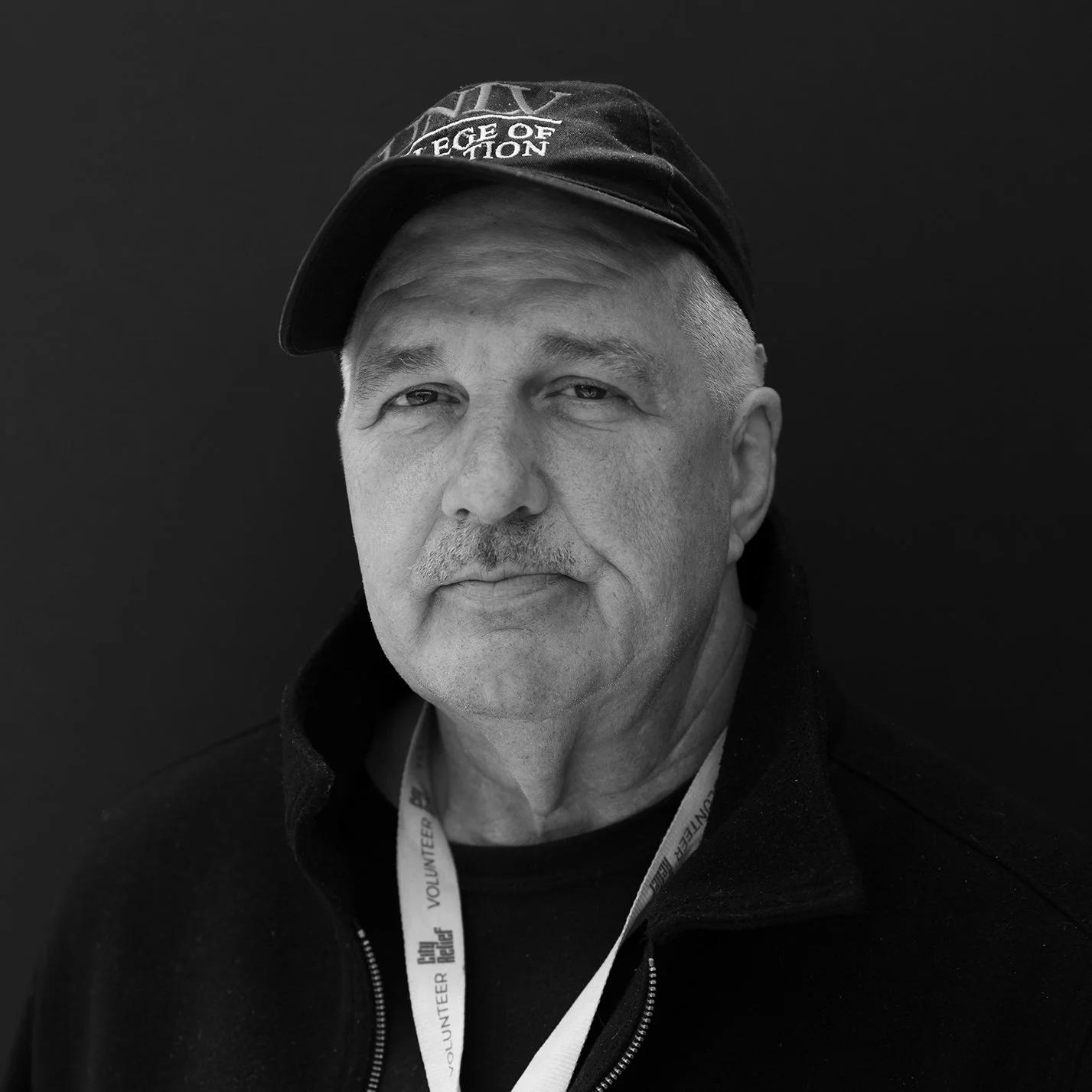

Why become a relief partner?
By becoming a relief partner, you join a team of monthly givers who allow our unhoused guests to show up to a City Relief block party each and every week where we are able to meet many of their right-now needs. Not only does your monthly donation cover food and clothing, but it allows a guest to be exposed to our on-site community partners and our city relief care team who develop individualized plans that end up covering needs like health insurance, Identification, employment, detox, and housing.

BECOME A RELIEF PARTNER TODAY!

Relief partners changed Joe's Life
With the support and prayer of relief partners across the city, Joe has been able to overcome unimaginable hardships. Not only has Joe had access to resources he otherwise would not have, but Joe now has layers of relationships with the City Relief community that have walked with him through some of his most challenging times. Not only is Joe off the streets, but Joe is now one of our volunteer leaders and City Relief ambassadors who helps others in need of food, clothing, and shelter. Friends like Joe are waiting for relief partners like you to join the team. Together we can end homelessness!

The Impact a relief partner can have
Relief partners are the backbone of our mission and ministry to end homelessness. It has resulted in thousands of changed lives over the past 30 years. So, why should you sponsor a neighbor and become a relief partner?
Here are a few main reasons:
To provide food to the hungry (more specifically our delicious vegan soup and bread)
To provide clothing (we provide bombas clothing at each of our weekly outreaches)
To connect neighbors to our onsite community partners that holistically care for our guests (health care, housing, New York Legal Assistance group, employment, Identification, cell phones, and more)
To inspire and encourage unhoused guests as they connect with other neighbors who have made it off the street and into homes
To break cycles of poverty
To give the gift of prayer from our onsite prayer team
To help connect the unhoused into local church communities where they can find a long-term support system


